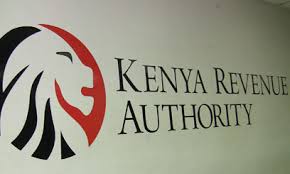The Kenya Revenue Authority (KRA) has announced new, stricter rules governing the process of obtaining Tax Compliance Certificates (TCC), in a move aimed at tightening compliance among individuals and businesses.
In a notice issued on Friday, the taxman stated that all non-individual entities and individuals earning income beyond employment must now comply with the Electronic Tax Invoice Management System (eTIMS) or its predecessor, TIMS, to qualify for a TCC.
Under the new framework, applicants must be fully registered and compliant on eTIMS if they are engaged in business. This means that businesses yet to onboard onto the eTIMS platform will be ineligible for a compliance certificate until they meet all the registration and invoicing requirements.
Additionally, KRA emphasized that all taxpayers must file their returns for all applicable taxes on or before the due dates. Those with outstanding liabilities must either settle them in full or enter into a formal payment plan approved by the authority. However, taxpayers with defaulted or unapproved payment plans will be denied a certificate.
“The payment plan, once approved, enables the taxpayer to continue with the self-service process of TCC application,” KRA clarified.
The tax authority also underscored the need for full compliance with Value Added Tax (VAT) regulations, including adherence to the VAT Special Table. This requirement aims to ensure consistent compliance across all tax categories.
Tax experts note that the new changes could pose challenges for VAT-registered businesses associated with “missing trader” issues. Such businesses, especially those linked to non-remitting or fraudulent suppliers, may face delays or rejection of their TCC applications until they rectify their compliance records.
Despite the new requirements, taxpayers will still apply for the certificate through the iTax platform and verify its authenticity using the online certificate checker.

